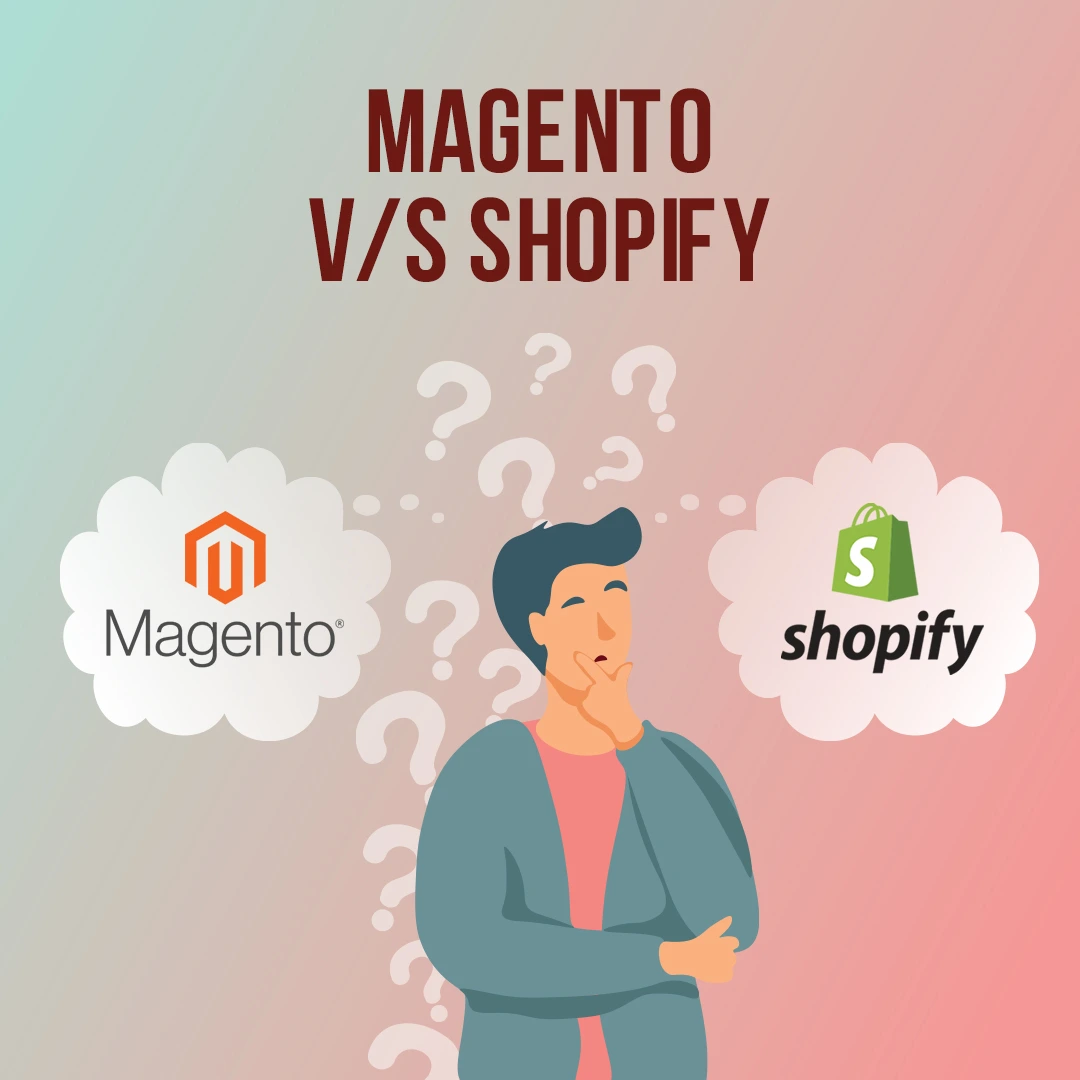
Choosing the right e-commerce platform is crucial for business owners looking to establish or grow their online presence. Two of the most used options are Magento and Shopify. Each platform has its strengths and weaknesses, catering to different business needs and technical capabilities. This blog post will help you understand the key differences between Magento and Shopify, enabling you to make an informed decision.
Overview of Magento and Shopify
Magento is an open-source e-commerce platform known for its flexibility and scalability. It is ideal for businesses that require extensive customization and have the technical resources to manage it. Magento offers a free version (Magento Open Source) and a paid version (Magento Commerce), providing additional features and support. On the other hand, Shopify is a hosted solution designed for ease of use. It allows businesses of all sizes to set up an online store without extensive technical knowledge quickly. Shopify operates on a subscription model, offering various pricing tiers based on required features.
Key Differences
1. Ease of Use
-
Shopify: Known for its user-friendly interface, Shopify employs a drag-and-drop builder that simplifies the store setup process. This makes it accessible for users with minimal technical expertise.
-
Magento: Requires a deeper understanding of web development. While it offers greater customization capabilities, setting up a Magento store can be complex and may necessitate hiring developers.
2. Customization and Flexibility
-
Magento: Offers extensive customization options with thousands of third-party extensions available. This makes it suitable for larger businesses that need tailored solutions.
-
Shopify: Provides a range of themes and apps but has limitations in customization compared to Magento. Advanced customizations often require additional apps, which can affect site performance.
3. Pricing Structure
-
Shopify: Operates on a fixed subscription model, making it easier to predict costs. However, additional fees may apply for premium themes and apps
-
Magento: As an open-source platform, Magento's costs can vary significantly based on hosting, development, and maintenance needs. While it can be more cost effective for larger enterprises with in-house resources, smaller businesses might find it more expensive overall.
4. Scalability
-
Magento: Designed to handle high traffic volumes and extensive inventories, making it ideal for rapidly growing businesses or enterprises.
-
Shopify : Also scalable but may require upgrading to higher-tier plans as your business grows, especially if you have a large inventory
5. Support and Community
-
Shopify: Offers 24/7 customer support, which is beneficial for new users who might encounter issues while setting up their stores
-
Magento: While community support is available due to its open-source nature, professional support typically comes at an additional cost with the Magento Commerce version
When to Choose Each Platform
Choose Shopify if you:
-
Are a small to medium-sized business or solopreneur.
-
Want a quick setup with minimal technical requirements?
-
Prefer predictable monthly costs.
-
Need built-in features like multi-channel selling (e.g., selling on social media platforms) with minimal customizations
Choose Magento if you:
-
Operate a larger enterprise or have specific customization needs.
-
Have access to technical resources (developers) who can manage your store.
-
Require advanced functionalities like multi-store management or complex inventory systems.
Conclusion
Both Magento and Shopify offer robust solutions for e-commerce businesses but cater to different audiences. Your choice should depend on your business size, technical expertise, budget, and specific needs. By evaluating these factors carefully, you can select the platform that best aligns with your business goals and helps you succeed in the competitive online marketplace.

